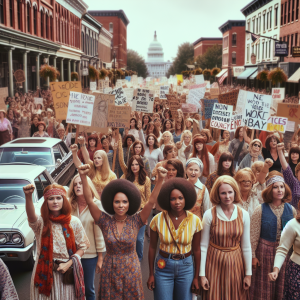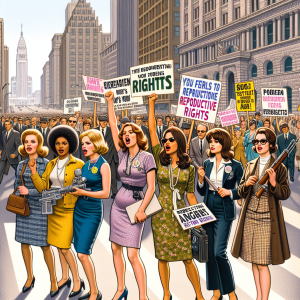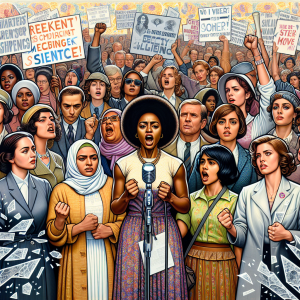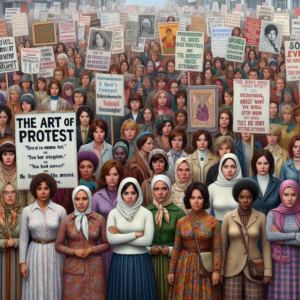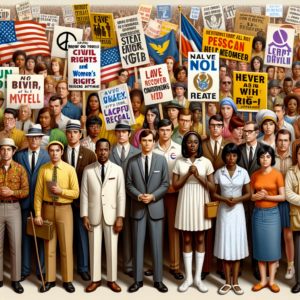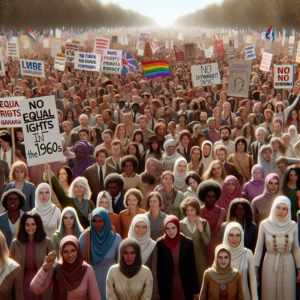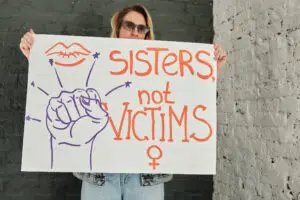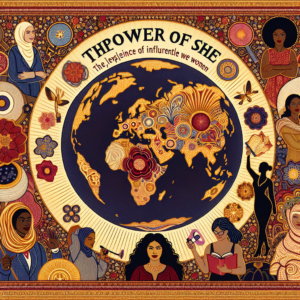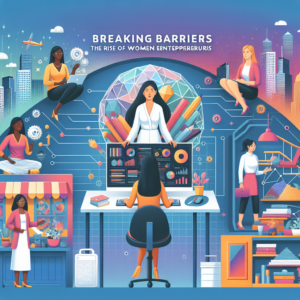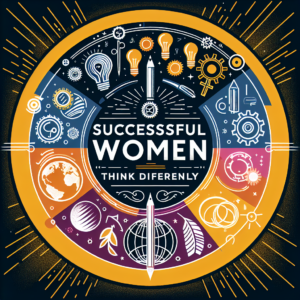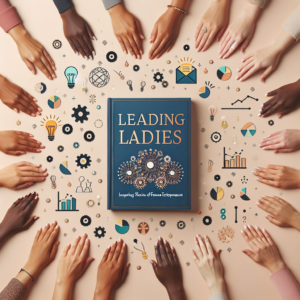#FutureGirls
In the fabric of global socio-political discourse, the issue of women’s reproductive rights incites fervent discussion and dispute. Embedded in deep-seated cultural, religious, and ethical convictions, the dialogue surrounding the freedom of choice—in matters ranging from contraception and abortion to fertility methods—entails a whirlwind of perspectives, policy skirmishes, and intimate narratives. This ongoing contest over female autonomy and the ability to make choices regarding one’s body highlights a broader conversation on human rights, gender equality, and governmental intrusion in individual lives.
A Glimpse into the Past
To grasp the current state of women’s reproductive freedoms, it’s imperative to look back at history. For most of human civilization, women’s physical autonomy and reproductive functions were dictated or shaped by the societal standards and laws of the time. The 20th century witnessed an intense drive to question and alter these long-standing norms.
The period of the late 1960s and early 1970s stands out as a pivotal era in several countries. Activists, medical professionals, and everyday women pushed for greater control over their reproductive health, catalyzing significant legislative milestones like the Roe v. Wade verdict in 1973 in the United States, which allowed abortion across the nation until its reversal in 2022, and the creation of family planning facilities worldwide.
Contemporary Frontlines
Moving to today’s context, the debate on reproductive rights has evolved but remains highly charged. The interplay of medical advancements, changing social mores, and political dynamics continues to mold the discourse. Key focal points include:
– Contraceptive Accessibility: Although recognized as vital healthcare, access to contraception is still uneven. Challenges such as cost, legal hurdles, and societal taboos hinder many from obtaining preferred birth control methods.
– Abortion Rights: As a particularly divisive facet of reproductive rights, the state of abortion laws and their accessibility widely varies globally. While some nations adopt lenient policies, others enforce complete bans or impose strict access limitations.
– Sex Education: Evidence shows that comprehensive sex education can lower unintended pregnancy and STI rates. Nonetheless, its adoption is patchy, with some places advocating for comprehensive programs and others favoring abstention or excluding sex education entirely.
– Fertility Treatments and Rights: Medical progress has introduced new possibilities for those struggling with fertility issues. Yet, the high costs of procedures like in vitro fertilization (IVF) and legal barriers in certain locales restrict access.
These themes represent areas of strife where the freedom of choice is constantly being negotiated and challenged. The policies and debates are lived experiences for individuals grappling with reproductive health decisions amid legal, economic, and social obstacles.
Voices of Support and Resistance
The crusade for reproductive freedoms has enlisted a wide array of supporters, from women’s rights groups and healthcare workers to human rights champions and beyond. They engage in legal initiatives, awareness drives, and direct aid for those affected by restrictive practices and laws.
Conversely, groups opposing these freedoms operate with similar zeal. Driven by religious, conservative, or ethical motives, these factions advocate for the curtailment of abortion, contraception, and other reproductive healthcare facets, favoring unborn life protection and traditional familial ideals.
Inspirational Advocates
In the midst of fervent exchanges, some figures stand out for advocating female autonomy and choice rights. Gloria Steinem, a feminist trailblazer, famously remarked, “Reproductive freedom is crucial to a myriad of rights, from privacy to equality.”
Echoing Steinem, Malala Yousafzai, the Nobel laureate and education advocate, emphasized the significance of women’s rights, including reproductive health, as foundational to equality and progress.
A testament to the perseverance of reproductive rights advocates is envisioned through the words of human rights activist Nada Al-Ahdal:
“Having the freedom to make choices about our bodies signifies a step toward equality. Without this basic right, our voices are muffled, and our autonomy compromised. The battle for choice is critical, as it lays the groundwork for personal freedom and human dignity.” – Nada Al-Ahdal @nadalahdal
The Road Ahead: A Quest for Reproductive Justice
The confrontation over reproductive rights is not limited to legality; it encompasses accessibility, fairness, and justice. Reproductive justice transcends the pro-choice vs. pro-life argument, aiming for a reality where everyone can make informed reproductive health choices free from racial, economic, geographical, or gender-based hindrances.
As this struggle presses on, the need for compromise and dialogue remains paramount. Ensuring everyone has access to comprehensive sex education, affordable contraceptives, safe abortion services, and fertility treatments demands cooperative action that acknowledges the complexity of reproductive health matters.
The journey toward reproductive justice is arduous and filled with obstacles, yet it is fortified by the dedication and persistence of those advocating for the right to make choices. Their efforts remind us that control over one’s body is an inalienable human right.
#NadaFoundation
#NadaAlahdal
#Nada_Foundation
#Choose #Ongoing #Battle #Womens #Reproductive #Rights
the-right-to-choose-the-ongoing-battle-over-womens-reproductive-rights




